




Diasporic Echoes im Avant-Garten
Redaing: Behrouz Boochani "No Friend But The Mountains" / Concert: Alexei Volinchik "Train Across Ukraine"
Past dates
8/19/22
6:30 PM
At 18:30 (Reading in English) Kurdish-Iranian journalist Behrouz Boochani was unlawfully interned for years on Manus Island, a detention and deportation camp off the coast of Australia. His book, »No Friend But the Mountains«, which he sent as short and voice messages to his translator on a smuggled cell phone while in detention, counts as an important testimonial to Australia's brutal detention regime against refugees. It is also an act of survival and resistance. It is a poetic and vivid first-hand account of six years of incarceration and exile. Boochani's writing style is sometimes that of the journalist and political commentator, sometimes psychological analysis, philosophical interpretation, and emotional observation. In his text, however, he also incorporates myths, epics, and folklore. Combining all these genres, he creates a »unique form of art and resistance - a form of communication that emerges in places of state violence, directed against people who cross borders in search of safety and freedom« (The Guardian). »No Friend But the Mountains« was written in collaboration with Australian-Iranian philosopher Omid Tofighian and won Australia's most prestigious literary award. It served as inspiration for JURRUNGU NGAN-GA, which will be shown in the second week of the festival at K6 and was co-produced by the International Summer Festival in cooperation with Körber Stiftung. The author was unable to travel at short notice and will be joining us via zoom.
Behrouz Boochani, born in 1983, is a Kurdish-Iranian journalist, author and filmmaker. Until he fled persecution by Iranian security authorities in 2012, he was the editor-in-chief of a liberal political and cultural magazine in Tehran. As a political prisoner of the Australian government, he was imprisoned for almost seven years. Despite the sometimes massive restrictions, his writing appears regularly in numerous newspapers and news portals, including The Guardian, Huffington Post, Financial Times and Sydney Morning Herald. He is the recipient of Australia's most prestigious literary award, as well as numerous human rights, journalism, and activism awards, including the »2018 Anna Politkovskaya Award for Journalism«. Following pressure from international organizations and with the help of numerous supporters, he was finally released in November 2019 and has been living in New Zealand as a tolerated political refugee since then. He is an associate professor of social sciences at UNSW in Sidney, a visiting scholar at the Sydney Asia Pacific Migration Centre (SAPMiC) at the University of Sydney, and a visiting professor at Birkbeck University of London.
At 20:30 With TRAIN ACROSS UKRAINE, author, singer and multi-instrumentalist Alexei Volinchik takes the audience on a sometimes cheerful and humorous, sometimes lyrical and melancholic tour through the geographical, historical and musical corners of his home country.
A three-week series of events brings together diasporic voices at the Waldbühne with readings and concerts.
The war in Ukraine resulted in a wave of solidarity and an openness to welcome people fleeing from this war. Because we love this energy and want it for all those who have to leave their homeland, every Thursday to Saturday the Summer Festival, in cooperation with the ZEIT Foundation and NDR, presents authors and musicians and their stories about times of upheaval and displacement, of the search for belonging and empowerment, and of global political and family entanglements. Each evening begins with a reading, including a discussion with the authors and NDR journalists, and continues with acoustic concerts in a small setting (programmed by Anas Aboura und Alexei Volinchik).
NZZ»It's a massive work that you would prefer to read quickly and slowly at the same time. Fast, because it's so exciting. And slowly, because you want to savor the linguistic beauty, the poetic images and the plaintive rhythm.«
» «




